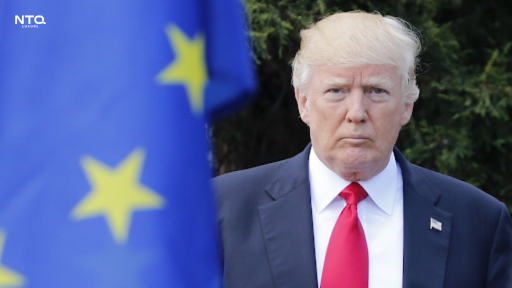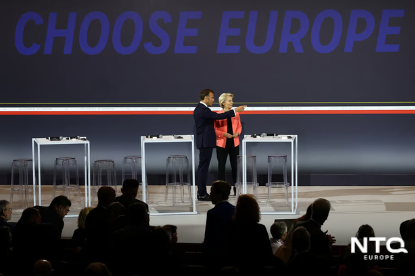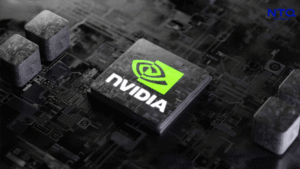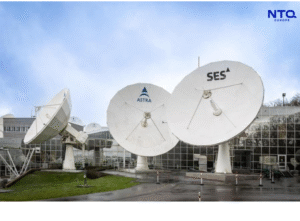U.S. Restrictions Push Nvidia to Pivot
In late 2023 and early 2024, the U.S. Department of Commerce introduced tighter export regulations targeting AI chips, particularly those developed by Nvidia and AMD. This action, intended to safeguard U.S. national security, effectively banned Nvidia’s cutting-edge H20 chips from being sold to China.
The export ban severely damaged Nvidia’s operations, with the company forecasting a revenue impact of approximately $5.5 billion. The restrictions affected Nvidia’s flagship products and stifled its ability to serve major Chinese clients like Alibaba, Tencent, and ByteDance, which depend on high-performance GPUs for AI development and data center applications.
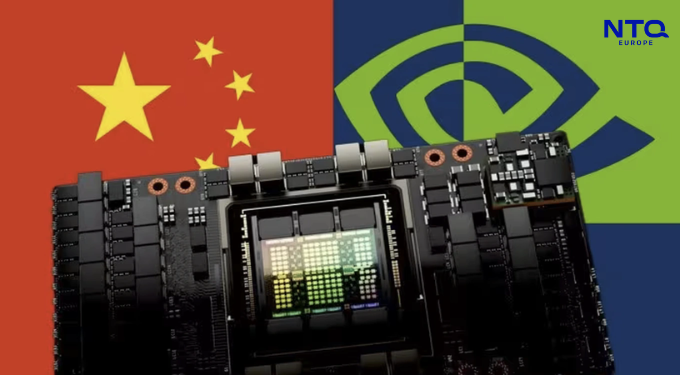
Nvidia Responds with China-Compliant Chip Design
In response, Nvidia is now working on a new line of AI chips specifically designed to meet U.S. export regulations while still addressing the computational demands of Chinese customers.
According to a report from The Information, CEO Jensen Huang visited Beijing in mid-April to personally inform clients about the company’s efforts. Nvidia aims to deliver sample units of the redesigned chip — a compliant alternative to the H20 by June 2025. Furthermore, a China-specific version of the company’s latest Blackwell GPU is reportedly under development.
This is not the first time Nvidia has adapted to export limits. The company had previously launched the A800 and H800 chip models, modified versions of its powerful AI chips intended to comply with earlier U.S. restrictions. However, those models were also eventually caught in subsequent rounds of policy tightening.
Strategic Calculations in a Geopolitical Crossfire
The China-specific chips are part of Nvidia’s broader strategy to maintain access to a market that remains critical to its bottom line. Despite escalating U.S.-China tensions, China continues to represent a major demand center for AI accelerators, essential components in everything from language models to recommendation systems.
However, designing chips that strike the right balance – careful enough to appeal to Chinese customers but limited enough to satisfy U.S. regulators – is no small feat. Analysts warn that these hybrid chips may underperform their global counterparts, potentially making them less competitive in the long run.
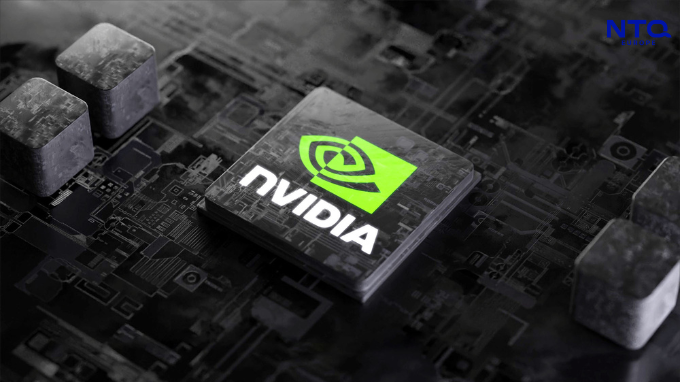
NTQ Europe’s Take
From NTQ Europe’s perspective, Nvidia’s move reflects the evolving complexity of global technology supply chains. The ability of Nvidia to quickly pivot and adapt product offerings demonstrates resilience and market agility, which are increasingly vital in today’s volatile regulatory environment.
For European businesses relying on stable and scalable AI infrastructure, this development also signals a need to evaluate long-term chip supply strategies and diversification. As the global tech landscape becomes more fragmented, companies must prepare for a future where compliance and localization are as important as performance.
Source: Reuters























